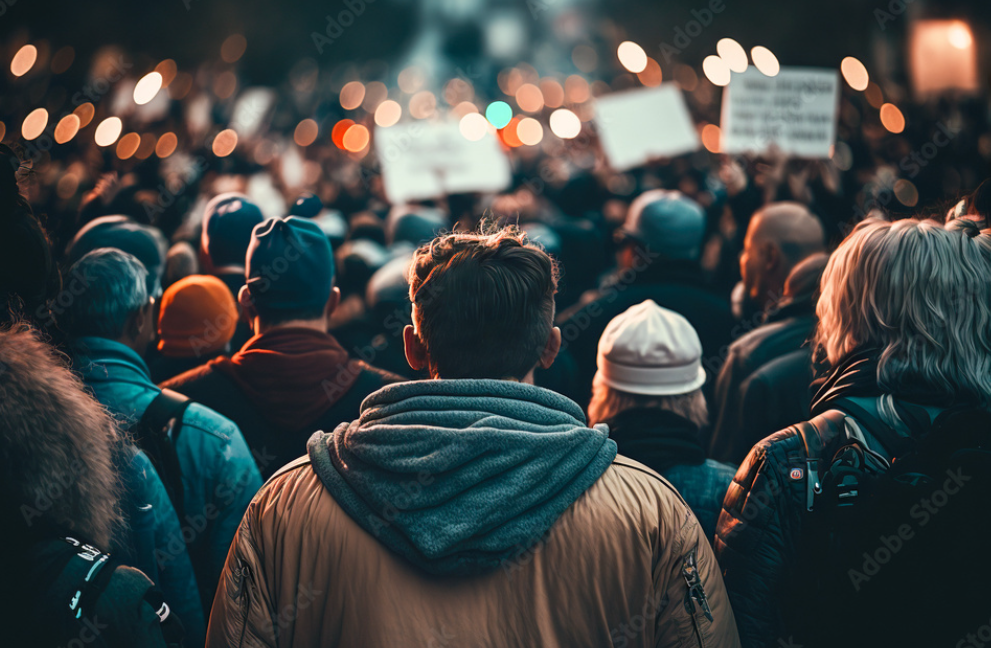Navigating Human Rights in Times of Crisis and Conflict

The Importance of Human Rights Organizations
In times of economic crisis and wars, the protection and promotion of human rights become even more crucial. Human rights organizations play a vital role in advocating for the rights of individuals and communities, particularly in challenging circumstances.
Human rights movements have a long history, dating back to the late 18th century with the emergence of the Enlightenment era. The idea that all individuals are entitled to certain fundamental rights and freedoms gained momentum during this time, laying the foundation for the modern human rights movement.
Today, there are numerous human rights organizations around the world, ranging from international bodies like Amnesty International and Human Rights Watch to local grassroots organizations. These organizations work tirelessly to address human rights violations, provide assistance to victims, and hold governments accountable for their actions.
Challenges Faced by Human Rights Organizations
Despite the importance of human rights, many governments, including dominant countries, often fail to fully acknowledge or accept the truth about human rights violations within their borders. This poses a significant challenge for human rights organizations, as they strive to bring attention to these issues and advocate for change.
In times of economic crisis and wars, governments may prioritize security and stability over human rights. This can lead to increased restrictions on civil liberties, crackdowns on dissent, and a lack of accountability for human rights abuses. Human rights organizations must navigate these complex dynamics and find innovative ways to overcome obstacles.
Working as a Human Rights Organization in Challenging Times
During times of crisis and conflict, human rights organizations must adapt their strategies to effectively address the needs of affected populations. Here are some key approaches:
- 1. Raising Awareness: Human rights organizations must continue to raise awareness about human rights violations, even in the face of resistance. This can be done through public campaigns, media engagement, and partnerships with other organizations.
- 2. Providing Support: In times of crisis, vulnerable individuals and communities are at an increased risk of human rights abuses. Human rights organizations play a crucial role in providing support and assistance to victims, including legal aid, counseling services, and humanitarian aid.
- 3. Advocacy and Lobbying: Human rights organizations must engage in advocacy and lobbying efforts to push for policy changes and hold governments accountable. This can involve working with international bodies, conducting research, and leveraging public pressure.
- 4. Collaboration and Networking: Collaboration with other human rights organizations, both at the local and international level, is essential to amplify the collective impact. Sharing resources, expertise, and best practices can enhance the effectiveness of human rights work.
Conclusion
Human rights organizations play a crucial role in upholding the rights and dignity of individuals, particularly in challenging times such as economic crises and wars. Despite the resistance faced from governments and dominant countries, these organizations continue to advocate for change, raise awareness, and provide support to those in need. By working together and adapting their strategies, human rights organizations can make a significant impact in promoting a more just and equitable world.

 Next Post
Next Post